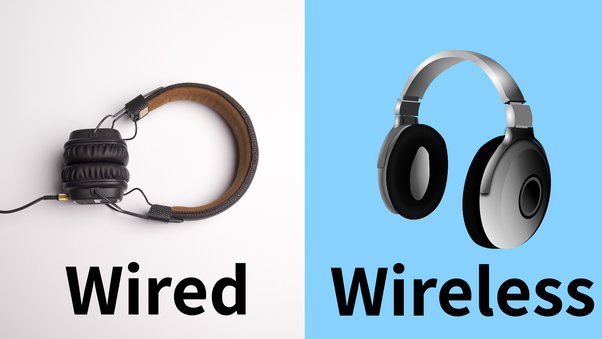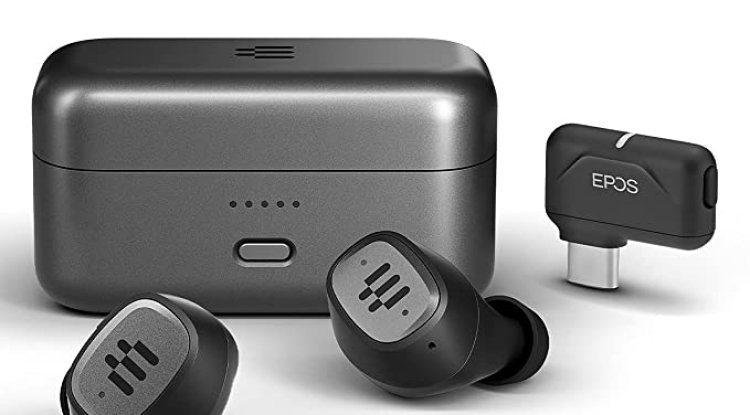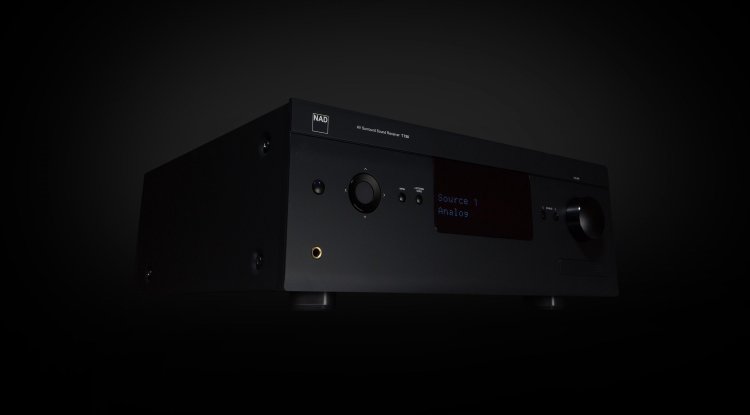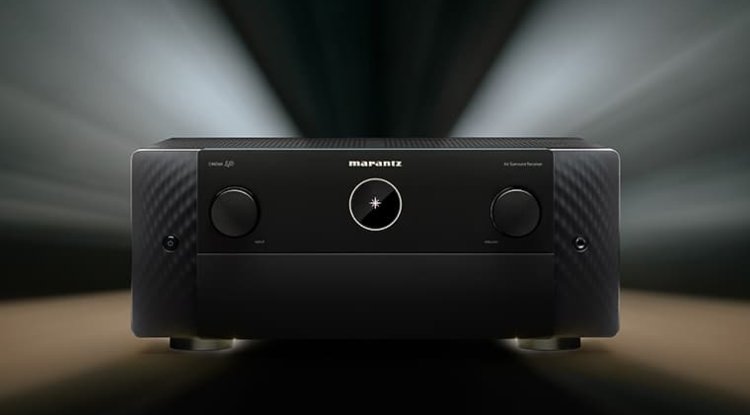Wired or Wireless Headphones: Decoding the Audio Experience
When it comes to choosing headphones, one of the key decisions you'll face is whether to go for wired or wireless options. Both types have their own advantages and considerations, and the right choice largely depends on your personal preferences and specific needs. In this article, we will explore the pros and cons of wired and wireless headphones, helping you make an informed decision and select the option that suits you best.

Wired Headphones: The Reliable Connection
Wired headphones have been the traditional choice for many years, offering a reliable and direct connection to your audio source. Here are some of the advantages of wired headphones:
1. Sound Quality:
Wired headphones typically deliver higher audio quality compared to their wireless counterparts. The direct analog connection ensures minimal signal loss, resulting in accurate and detailed sound reproduction. Audiophiles and music enthusiasts often prefer wired headphones for their superior audio fidelity.
2. Zero Latency:
With wired headphones, you experience minimal to no latency, which means the audio is in sync with the video or gaming action. This is particularly crucial for gamers, as even a slight delay in sound can affect their performance.
3. No Battery Dependency:
Unlike wireless headphones, wired ones don't require a battery to operate. This eliminates the need for charging and ensures uninterrupted listening sessions.
4. Wide Compatibility:
Wired headphones can be easily connected to a wide range of devices, including smartphones, computers, audio interfaces, and gaming consoles, thanks to the ubiquitous 3.5mm audio jack. You can enjoy your favorite audio content without worrying about compatibility issues.
However, wired headphones also come with some limitations and considerations:
1. Limited Mobility:
The wired connection restricts your movement to the length of the cable. This can be inconvenient, especially during workouts, outdoor activities, or if you prefer a tangle-free experience.
2. Cable Management:
Dealing with tangled cables can be frustrating. Proper cable management and untangling can take time and effort.
Wireless Headphones: Embrace the Freedom
Wireless headphones have gained immense popularity in recent years, offering the freedom to move around without being tethered to a device. Let's explore the advantages of wireless headphones:
1. Wireless Convenience:
Wireless headphones allow you to enjoy music, podcasts, and other audio content without the hassle of cables. You can move freely, whether you're working out, commuting, or multitasking at home.
2. Bluetooth Connectivity:
Most wireless headphones utilize Bluetooth technology to establish a connection with your audio source. Bluetooth has become a standard feature in modern devices, making wireless headphones compatible with smartphones, tablets, laptops, and other Bluetooth-enabled devices.
3. Advanced Features:
Wireless headphones often come with additional features like built-in microphones, touch controls, and noise-cancellation technology. These features enhance the user experience and provide added convenience.
4. Style and Comfort:
Wireless headphones come in various styles, including on-ear, over-ear, and in-ear options. They are often designed with comfort in mind, featuring lightweight materials and ergonomic designs.
While wireless headphones offer great flexibility, there are a few considerations to keep in mind:
1. Sound Quality and Compression:
Wireless audio transmission involves compression algorithms that may slightly compromise sound quality compared to wired connections. However, advancements in Bluetooth technology, such as aptX and LDAC codecs, have significantly improved the audio quality of wireless headphones.
2. Battery Life and Charging:
Wireless headphones require a built-in battery to function. It's essential to consider the battery life and charging time when selecting wireless headphones, especially if you plan to use them for extended periods. Regular charging or carrying a power bank might be necessary.
3. Price:
Wireless headphones often come at a higher price point compared to their wired counterparts. The additional technology and features contribute to the cost difference. It's important to consider your budget and the value you expect from the headphones.
Also Check ASTRO Gaming A50 Wireless Headset
Conclusion
The choice between wired and wireless headphones ultimately depends on your personal preferences and specific needs. If you prioritize sound quality, minimal latency, and wide compatibility, wired headphones might be the ideal choice for you. On the other hand, if you value mobility, convenience, and the freedom to move without cables, wireless headphones offer a compelling option.
Consider your listening habits, usage scenarios, and the features that matter most to you. Remember to test and compare different headphone models to find the perfect fit for your audio experience. Whichever option you choose, both wired and wireless headphones have their own merits and can provide an immersive and enjoyable listening journey.





































